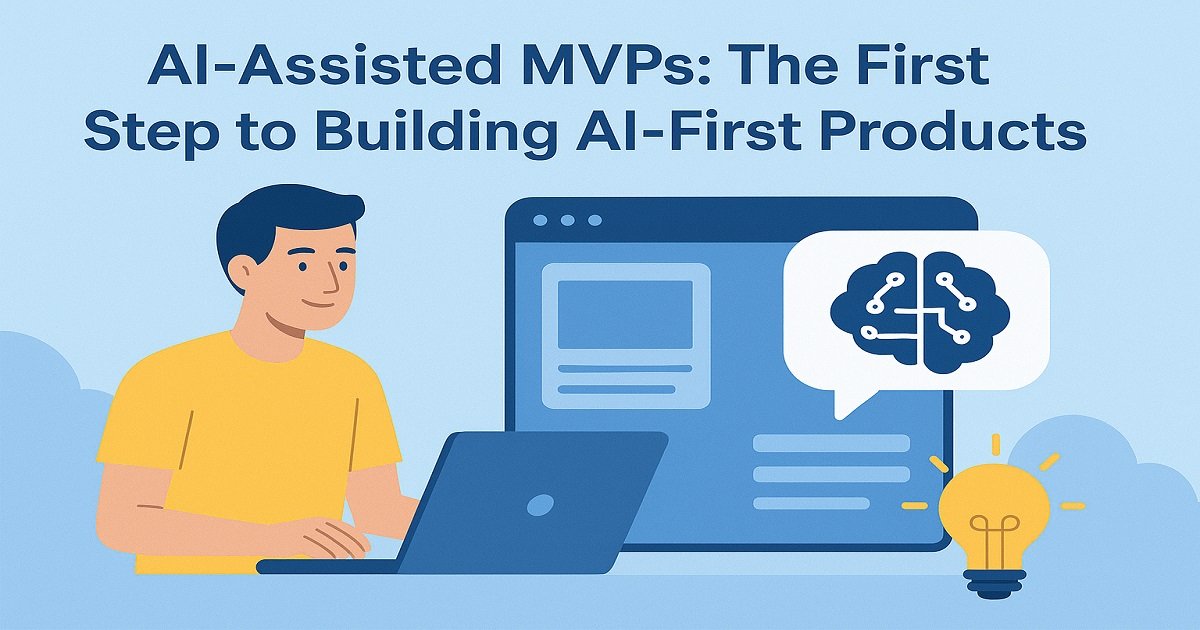The mobile app landscape has come a long way in terms of growth, speed of advancements, and capabilities of what’s possible. Android is now powering billions of devices globally and is at the forefront of this evolution. There are over 3.5 million apps available on the Google Play Store, highlighting the massive scale and competition in the Android ecosystem.
Keeping up with the hype and building an Android application that is fast, scalable, feature-rich, and future-proof can be a challenging task.
To achieve this, we can rely on cloud technology in Android development. It is a game-changer that is reshaping the way Android apps are developed, deployed, maintained, and distributed.
Cloud technology is more than just remote storage. It enables developers to offload heavy computing tasks, synchronize data in real-time, and scale applications efficiently. By integrating these solutions, businesses can deliver cloud-powered Android apps that offer superior performance and an enhanced user experience.
What is Cloud Technology in Android Development?
It refers to the delivery of cloud-based computing resources and services over the internet. This includes servers, databases, storage, and software, over the internet. Instead of relying solely on a device’s hardware, Android apps can leverage cloud infrastructure for backend processes, data storage, and analytics.
For mobile developers, cloud integration in Android apps adds the flexibility to focus on app functionality and user experience. It removes the dependence on device memory or processing power, so that lower-end Android phones can also run high-intensity mobile apps to some extent. With cloud services like Google Cloud, AWS, and Microsoft Azure, developers can deploy features that were once considered unachievable on mobile devices, making Android app development services more powerful and effective.
How Cloud Technology is Transforming The Landscape of Android Development
1. Real-Time Data Synchronization
Users today expect their apps to work seamlessly across multiple devices. Cloud-powered Android apps can synchronize data instantly, enabling users to engage in an activity on one device and continue on another. Productivity apps like Google Docs and collaboration platforms such as Trello rely on this capability to ensure continuity and efficiency.
2. Enhanced Scalability and Performance
Scaling a traditional Android app for managing thousands of customers sounds like a nightmare. This is where cloud integration in Android apps offers a scalable infrastructure. It expands in line with demand. Developers can handle resources to provide stable performance even during periods of peak usage.
3. Efficient Backend Management
Local backend management is expensive and time-consuming. One of the benefits of cloud computing for mobile apps is the fact that it reduces such overheads. With pay-as-you-go modes, developers can focus freely on innovation and exploration of new features rather than managing servers. Many startups and SMEs benefit from the cost-effective deployment of cloud-powered Android apps.
4. Improved Security
Hire an Android application developer who knows how to implement security measures like encryption, authentication, and threat monitoring. Doing so will help keep the user’s information protected at all times. These best practices should be followed by businesses in industries like finance, healthcare, and e-commerce.
5. Integration with AI and Analytics
With a skilled team of dedicated mobile app developers, one can easily integrate cloud, AI, and analytics to build an intelligent system. Android apps can utilize cloud-hosted machine learning APIs to deliver personalized recommendations, predictive insights, or leverage image recognition features. Cloud analytics tools also provide tools for app performance monitoring, tracking user behavior, and other statistics that help the team make data-driven decisions.
Benefits of Cloud Computing for Mobile Apps
Flexibility in Development: Developers can experiment with features without worrying about device constraints, accelerating time-to-market.
Reduced Storage Dependency: Large amounts of app data can be stored on the cloud. This frees up device memory and improves performance.
Improved Collaboration: Cloud-powered apps offer real-time collaboration, making them an ideal choice for enterprise solutions and team-based projects.
Reliable Backup and Disaster Recovery: Data stored in the cloud remains safe even if devices are damaged.
Global Accessibility: Cloud infrastructure ensures consistent app performance across different geographies, reducing latency for users worldwide.
These advantages make cloud integration in Android apps a strategic choice for businesses that want to deliver seamless and efficient mobile experiences.
Where Cloud-Powered Android Apps Are Used Most
Streaming Services: Most streaming platforms, such as Netflix and Spotify, utilize cloud servers to stream content to millions of users worldwide without interruption.
High availability: Cloud servers ensure uninterrupted streaming even during peak traffic.
Scalable infrastructure: Automatically adjusts to millions of concurrent users.
Personalized recommendations: Cloud-powered AI reads and understands user behavior to suggest relevant content
Global access: Users can stream content from anywhere without latency issues.
E-Commerce Platforms: E-commerce giants like Amazon use cloud deployment strategies for inventory management, transaction processing, and providing personalized recommendations.
Productivity Tools: Google Drive and Trello use cloud technology for real-time collaboration, file sharing, and cross-device synchronization.
These examples demonstrate how cloud technology in Android development has become essential for delivering scalable, feature-rich applications that meet user expectations.
Best Practices for Cloud Integration in Android Apps
Here are the best practices for cloud integration every Android developer should follow to maximize the benefits of cloud computing in Android development:
Choosing the Right Cloud Provider: Evaluate providers based on scalability, security, and compatibility with Android frameworks.
Optimizing Data Transfer: Reduce the bandwidth consumption by using compression and caching techniques to enhance data transfer efficiency.
Securing API Communications: We ensure all communication between the app and the cloud is encrypted and authenticated, keeping your data protected, just like a secure, private conversation.
Implementing Offline Functionality: Your app won’t skip a beat, even without an internet connection. It’ll keep running smoothly offline and sync everything up as soon as you’re back online, with no hassle and no lost progress.
Monitoring Performance Continuously: We’ll use cloud analytics to continuously track the app's performance in real-time. This helps us quickly identify any issues, fine-tune features, and ensure all processes run smoothly.
Read More: How AI-Assisted MVPs are Powering AI-First Era of Product Development?
The Future of Cloud Technology in Android Development
IoT Integration:
Keep an eye on devices in real time to stay on top of operations.
Control and automate smart devices remotely, since it makes doing everyday tasks easier.
Bring all device data together in one place to extract clearer insights and smarter decisions.
Edge Computing:
Handle sensitive data locally to ensure responses occur instantly.
Reduce delays for apps that require instant action.
Let the cloud handle the heavy lifting, like analyzing big data and storing large amounts of information.
AI-Powered Experiences:
Offer recommendations and interfaces that feel personal and adapt to users.
Spot trends and behaviors early for making smarter, faster decisions.
By following cloud technology in Android development best practices, any team can secure their app for future updates, new features, and scalability.
Final Words
The impact of cloud technology on Android development is undeniable. From enabling real-time data synchronization and scalable infrastructure to offering enhanced security and AI integration, cloud computing is transforming how Android apps are built and experienced.
Businesses seeking to leverage cloud technology can benefit from professional android app development services or choose to hire Android application developers who specialize in building cloud-powered Android apps.
Incorporating cloud technology is no longer optional. It is essential for creating robust, efficient, and future-ready Android applications. By doing so, companies can deliver superior mobile experiences, enhance operational efficiency, and maintain a competitive edge in an increasingly digital world.


